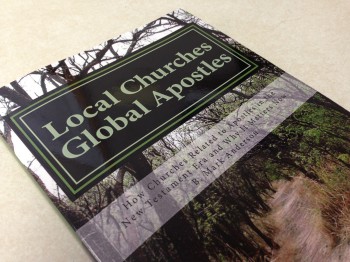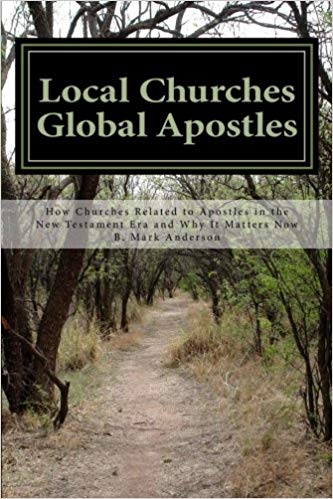Evangelistic Prayer: The Real Secret to Praying for Unsaved People
There are seven Scriptures in the New Testament that explicitly link prayer to evangelism. Six of the seven call for Christians to open their mouths, rather than for unbelievers to open their hearts. Examine these six and find the Bible secret to praying for the unsaved.
First Evangelistic Prayer Matthew 9: 37-38
Jesus notices so many needy people; compassion for them rises in Him. He then puts his finger squarely on the problem–many people are ready to receive salvation, but few workers. His solution: Pray for workers.
Second Evangelistic Prayer Luke 10:2
On a separate occasion from Matthew 9, Jesus offers the same command. “Beseech the Lord of the harvest to send out laborers into His harvest.” Does He ever specifically ask people to pray for the lost? Strangely, no. His solution is invariably the same: Pray for believers to go to work in the “harvest.”
Third Evangelistic Prayer Ephesians 6:19-20
Paul asks prayer for himself for four specific areas:
• That he would open his mouth
• That utterance, words (Greek: logos, from lego, which means “to speak”) be given to him
• Boldness to make the gospel known (twice requested)
• That he would speak as he ought
Five times his request centers on speaking out.
Fourth Evangelistic Prayer Colossians 4:3-4
Paul asks the church in Colossae to pray for Timothy and him so they
• Will have an open door for their message
• May speak out “the mystery of Christ”
• Will speak clearly as they ought
Fifth Evangelistic Prayer 2 Thessalonians 3:1
Again Paul feels the need and cries out for prayers for Silvanus, Timothy and himself. His request–that the word of God which they speak would spread rapidly. They also wanted prayer that the way they spoke and the words they said would be respected, honored and received.
Sixth Evangelistic Prayer Acts 4:29-31
This incident in Acts 4 rests in the context of evangelism and prayer for the salvation of people opposed to Christ Jesus. After threats and harassment, Peter and John (and apparently other disciples) prayed aloud. Sandwiched between “take note of their threats” and “extend Your hand to heal” is this gem, “Grant that Your bondservants may speak Your word with all confidence” (Greek—parousia=boldness). This example of the New Testament Church in action clearly reveals the key to effective prayer for the lost.
I mentioned seven Scritpures linking prayer with evangelism. What is the seventh? Go to Romans 10:1 where Paul testifies that he is praying for the salvation of the Jews.
Is it wrong to pray for the unsaved by name? God forbid!–to pull a line from Paul. There are many general promises such as, “Ask and it will be given to you.” Also, I Timothy 2:1-4 edges toward prayer for the lost, but does not make a specific connection. (Note: Some translations, based on weak manuscript evidence or imagination, place Jesus’ prayer in John 17:20 in the future tense which makes it seem like He’s praying for the lost.)
Following these six Scriptures focuses a new and brighter light on evangelism. Amazingly, the Bible way of prayer for the unsaved is largely unheralded and untried. Yet it is one of the keys that has made Chicken Evangelism so effective.
Summary and Conclusion
Each of the six Scriptures above linking prayer and evangelism emphasize prayer for the church to speak boldly and work in the “harvest”. Not one calls for prayer for the unsaved. Could this be a weak or missing link in our evangelism efforts? Are your evangelistic prayers based on the Bible way of praying?
I’d be interested in your thoughts. What’s your experience with evangelistic prayer? Have you tried the real secret for praying for the lost? What results are you getting?

















